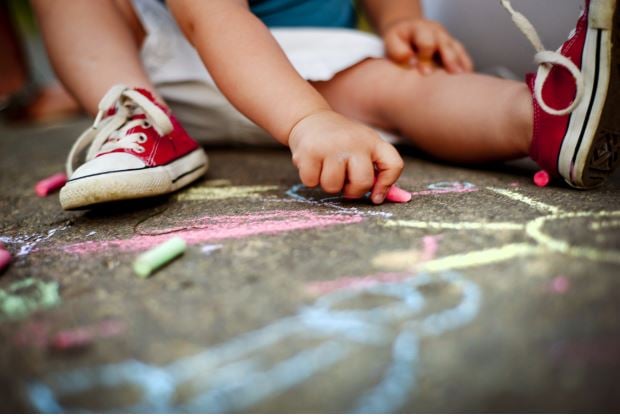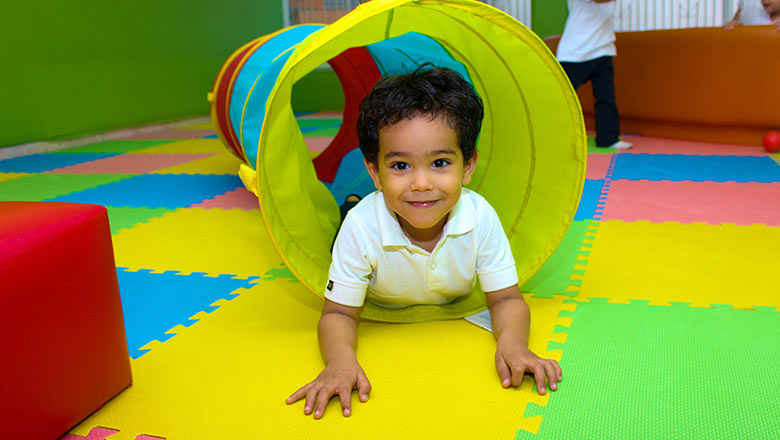Search
Showing results for "early life"
Research
Free testosterone levels in umbilical-cord blood predict infant head circumference in femalesFetal androgens influence fetal growth as well as postnatal neurocognitive ability

News & Events
Starting or returning to school after the holidaysWe know many autistic children may be more sensitive to transitions so may need some extra supports at this time.
One of the many reasons for setting up the International CDKL5 Disorder Database was to learn more about this condition.
Research
DETECT Schools Study Protocol: A Prospective Observational Cohort Surveillance Study Investigating the Impact of COVID-19 in Western Australian SchoolsAmidst the evolving COVID-19 pandemic, understanding the transmission dynamics of the SARS-CoV-2 virus is key to providing peace of mind for the community and informing policy-making decisions. While available data suggest that school-aged children are not significant spreaders of SARS-CoV-2, the possibility of transmission in schools remains an ongoing concern, especially among an aging teaching workforce. Even in low-prevalence settings, communities must balance the potential risk of transmission with the need for students' ongoing education.
Research
Sensitising glioblastoma to enhance cancer therapyRaelene Nick Endersby Gottardo BSc (Hons) PhD MBChB FRACP PhD Brainchild Fellow; Co-Head, Brain Tumour Research Head of Paediatric and Adolescent

News & Events
Telethon supports vital child health research projectsThe generous support of West Australians through Channel 7’s Telethon Trust will help support crucial child health research at The Kids Research Institute Australia in 2022.
Research
The Truth Of Our Stories: A mixed method evaluation of Elder and community-led cultural training for out-of-home care agency workers and non-Indigenous foster carers in AustraliaGlobally, Indigenous peoples have incurred significant harm due to colonisation of their lands. Dispossession of culture, language, family and land, and the historical, systematic removal of children in Australia (the ‘Stolen Generation’), has resulted in evident ongoing negative outcomes in the contemporary lives of Aboriginal and Torres Strait Islander people.
Research
Culture, Connection and Care: The Role of Institutional Justice Capital for Enhancing the Wellbeing of Aboriginal and Torres Strait Islander Children in Out-Of-Home CareEnsuring that Aboriginal and Torres Strait Islander children removed from their families by child protection services remain connected to their kin, Country and culture is a priority to begin to redress the intergenerational trauma and harm caused by colonisation. This article describes the views of staff working in three mainstream out-of-home care organisations, where children are cared for by non-Indigenous foster carers.
Research
Continuity of temperament subgroup classifications from infancy to toddlerhood in the context of early autism traitsOur previous cross-sectional investigation (Chetcuti et al., 2020) showed that infants with autism traits could be divided into distinct subgroups based on temperament. This longitudinal study builds on this existing work by exploring the continuity of temperament subgroup classifications and their associations with behavioral/clinical phenotypic features from infancy to toddlerhood.
Research
Germ-line and somatic DICER1 mutations in pineoblastomaThis study suggests that germ-line DICER1 mutations make a clinically significant contribution to PinB, establishing DICER1 as an important susceptibility...
